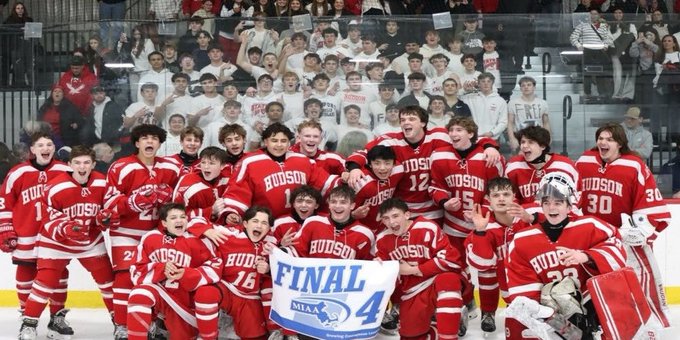Hudson voters will soon decide on the critical $3.95 million Proposition 2 1⁄2 override, the town’s first in over 30 years, which officials say is necessary to prevent significant cuts in school programs and municipal services.
The Town Meeting on Monday, May 5 is where voters will need to approve or reject the municipal budgets. Local leaders and residents are encouraging the community to fully understand the consequences and the process before voting on the Proposition 2 1⁄2 override on Monday, May 12.
What is Proposition 2½?
Proposition 2½ is a Massachusetts state law that limits property tax increases. To go over these limits, a town must seek voter approval through a ballot measure. The Select Board, after joint meetings with the Finance and School Committees, proposed a Proposition 2 1⁄2 override question for the May 12, 2025 ballot. This will address a growing money problem where the school and town don’t have enough to cover what they need for FY2026 through FY2029.
Recent Budget Changes and New Growth
On March 25, the Town discovered that NSTAR Gas had spent $65 million upgrading equipment, resulting in an increase of $1.7 million to Hudson’s property tax base, known as “new growth.” This discovery allows the town to raise its estimate for new growth in FY2026 from $625,000 to $2.2 million, providing an additional $1.575 million.
The Select Board decided on April 7 to issue $1.25 million of this extra money to the School Department’s budget and $325,000 to support the Town’s general budget. This will help avoid using the town’s savings (Free Cash) to balance the budget. Plus, it allows the tax override to be spread out over four years (FY2026–FY2029) instead of affecting taxpayers all at once, making the first year’s tax increase more manageable.
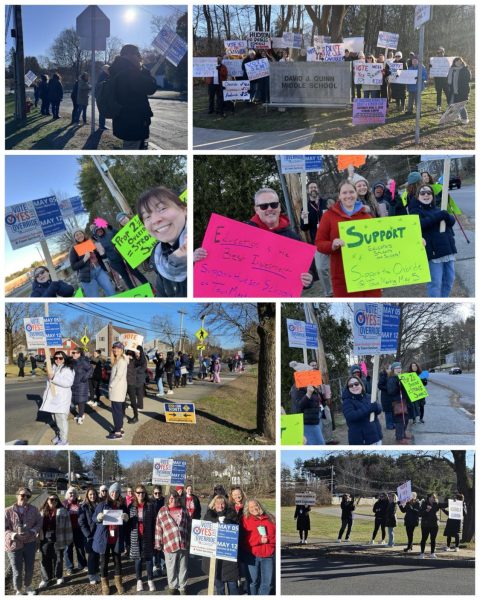
Town Meeting and Ballot Votes
The Town Meeting on May 5 is where voters will need to approve the town budgets. This will be followed by the town-wide ballot vote for the override on May 12.
As some voters may be unfamiliar with the process, Select Board member Judy Congdon clarified on Facebook that while the Town Meeting will approve the budgets, the final decision for the override will happen on the May 12 ballot vote.
Congdon made clear that both budget articles (see below) need to pass to avoid a government shutdown. If the outcome of the Prop 2 1⁄2 vote conflicts with voters’ selection between Budget A (Article 3) and Budget B (Article 4), another Special Town Meeting will be needed to correct the budget, eventually costing taxpayers even more money.
The Two Budgets:
- Article 3: Approve FY2026 General Operating Budget without a Proposition 2½ Override (“Budget A”)
- Article 4: Approve FY2026 General Operating Budget contingent upon the passage of the Proposition 2½ Override (“Budget B”)
“Passing BOTH budgets is what makes sense. In essence, passing both budget articles at town meetings makes sense and saves the town thousands of dollars from not having to hold a special town meeting,” Congdon concluded.
Impact of the Override Failure
If the override fails, Hudson Public Schools could lose 49 full-time positions, reduce athletics, and impose new fees, including a $150 high school activity fee and a $300 district-wide bus fee. Other cuts could include higher Pre-K tuition, fewer course offerings at the high school, and larger class sizes.
Municipal departments like the library, senior center, and community development office could also face staff reductions and decreased programming. However, if the district taps into reserve funds, 42 positions would be cut in FY2026, with the remaining seven eliminated the following year.
Divided Opinions: Community Support and Concern
Hudson School Committee members unanimously support the override, citing a deficit driven by rising costs, including a 51% increase in the transportation contract (busing). Advocacy group Together for Hudson has been working to build support for the override, with residents warning that without it, the town’s progress could be reversed.
Resident Beth Langlois, a member of the group, stressed that the jobs funded by the override are essential for student learning, and compared the situation to the town of Franklin, where a failed override led to much higher athletic fees. “We can’t afford to move backward,” said Langlois.
Josh Ruminski, another advocate, highlighted the positive transformation in Hudson due to investments in schools and services: “We’ve gone from a local afterthought to a statewide award-winning destination.”
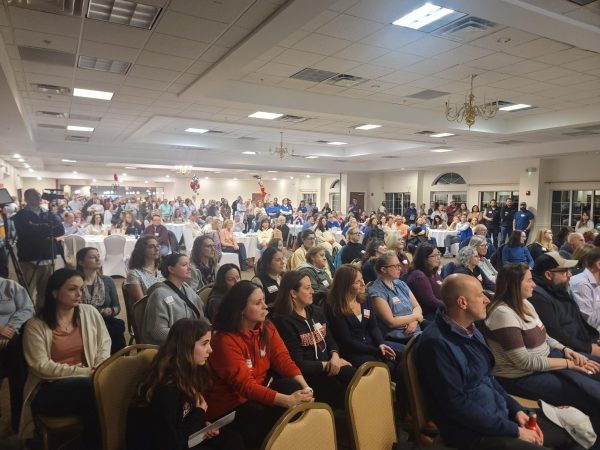
The group hosted an informational event at the Portuguese Club on March 6, which had hundreds of residents, students, teachers as well as state officials like Rep. Kate Hogan and Sen. Jamie Eldridge in attendance. Multiple community leaders gave speeches, including Superintendent Dr. Brian Reagan.
Reagan spoke with passion, in favor of the upcoming Proposition 2½ override, emphasizing its importance for maintaining essential educational services in Hudson. He remembered his personal and professional connection to the town, illustrating the deep ties he and his family have to the community.
Reagan explained the situation that the town is in because of five key factors, clarifying some of the voter’s concerns.
“This isn’t a mismanagement issue—it’s a perfect storm of rising costs, expired aid, and growing student needs,” Reagan said. “The needs haven’t gone away, but the funding has.”
Five Main Budget Drivers in Hudson:
- Structural Deficit
The cost of educating students is rising faster than the town’s ability to raise revenue (money). This is not due to mismanagement but a statewide and national funding imbalance affecting many school districts. - Exhausted School Choice Funds
Hudson has long relied on school choice tuition revenue to plug budget gaps. For FY25, the district had to spend the entire remaining balance, leaving no cushion for FY26. - End of ESSER (COVID Relief) Funding
The federal pandemic relief money allowed the district to hire essential staff like nurses and counselors. With that funding now gone, the district must cover those ongoing needs through local budgets. - Rising Transportation Costs
Transportation expenses rose by 51% in one year—$1 million in a $51 million budget. - Special Education Costs
The cost to send students with high needs to out-of-district programs is exponentially increasing by $800,000 in one year. These are legally required services that cannot be easily forecasted or reduced.
After this, Reagan expressed pride in both his role and community, and a strong belief in supporting tomorrow’s students.
“I don’t have kids in the district anymore, but I know what it means to be a citizen in a community. You need to pay it forward,” Reagan said.
Another speaker at the event, Junior Jackson Deveney, expressed strong support for the override, saying, “Students are an investment. As a student I fully agree with it and I think that all my future peers do as well. My brother is younger and I want him to have the same opportunities I had.”
Deveney also highlighted the value of local student-created art throughout town, including murals on the rail trail and public sculptures: “It’s all created by these students. Without this funding and this kind of support, that won’t be able to happen.”
Resident Margaret Cunningham, another Together for Hudson member, pointed to student contributions to the broader community—such as a recent holiday performance by drama students at The Villages at Quail Run—as a sign of their impact.
Select Board member Diane Bemis echoed the sentiment: “The value students bring to the broader community can’t be overstated. They continue to reach out and enrich the lives of residents across generations.”
Not everyone in the town is in support of the override. However, Big Red reporters did not observe any “no signs” posted in yards, nor could we find an opposition website against the measure by the time this article was published. There does not appear to be large vocal opposition. What reporters could find were residents in local public Hudson Facebook Groups commenting against the measure. Though these social media groups that we found information from are public and the comments were made on a public thread, The Big Red has decided to not publish those names as we did not have contact with them to follow up. Still, the paper felt it essential to be as objective as possible to show both sides of the issue.
Several residents, particularly seniors and those on fixed incomes, have voiced strong concerns about the proposed Proposition 2½ override. Many say the additional tax burden is simply too much, especially in light of recent increases to water and sewer bills, stormwater fees, and rising costs of living.
“When I spend my pension income, I don’t get to go back and ask for more,” one resident noted, expressing frustration that seniors can’t offset expenses the way the town can through tax overrides.
A major point of opposition is the permanent nature of the override. Once passed, it does not expire, and some fear that future revenues may not necessarily be directed to schools, even if that is the current focus.
Critics also point to what they see as a lack of fiscal responsibility by town leadership. Several cited the $23 million DPW facility and questioned whether additional capital projects like a new library and fire station renovations are necessary at this time.
“Let’s prioritize what the town needs and spend within our budget,” one opponent said. Others believe the town should cut spending rather than asking residents to pay more.
“When my family’s budget is tight, we cut back—we don’t steal from our neighbors.”
Equity is another major concern. Residents said that continued tax hikes could price long-time seniors out of town. One
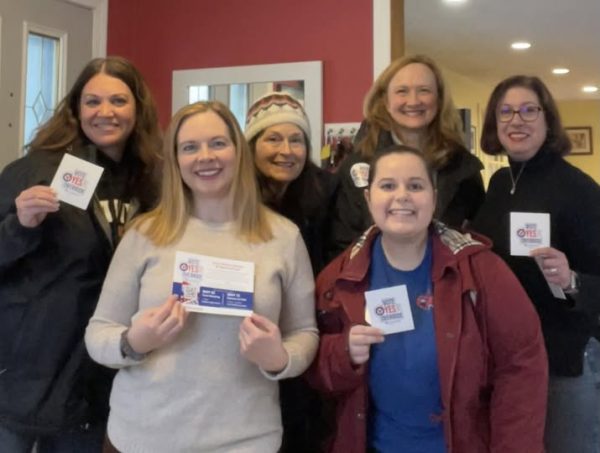
resident shared that their taxes had increased by more than $700 a year and worried that others might be forced to leave their homes.
Some also feel the override debate is too narrowly focused on the schools. They argue that a vote on permanent tax increases should account for the town’s entire financial picture, including upcoming costs related to the DPW building and other town projects.
“It’s not just the school department—it’s the town,” one resident said. Many called for greater transparency and urged voters, especially the elderly, to fully understand the long-term impact of the override before casting their ballots.
However, the supporters of the override have come out in droves. Driving around town, there are many lawn signs in favor of the override, teachers holding stand outs with signs in support before school, residents going door to door canvassing, among other outreach measures.
To ensure voters can attend the town meeting, babysitting will be available at Hudson High School for children ages 4–13 during the May 5 Town Meeting. The student and teacher volunteer-run Child Watch opens at 6:30 p.m. and offers movies and crafts.


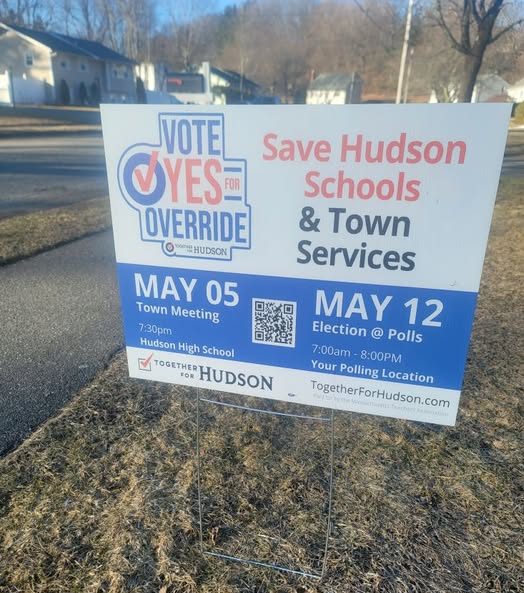

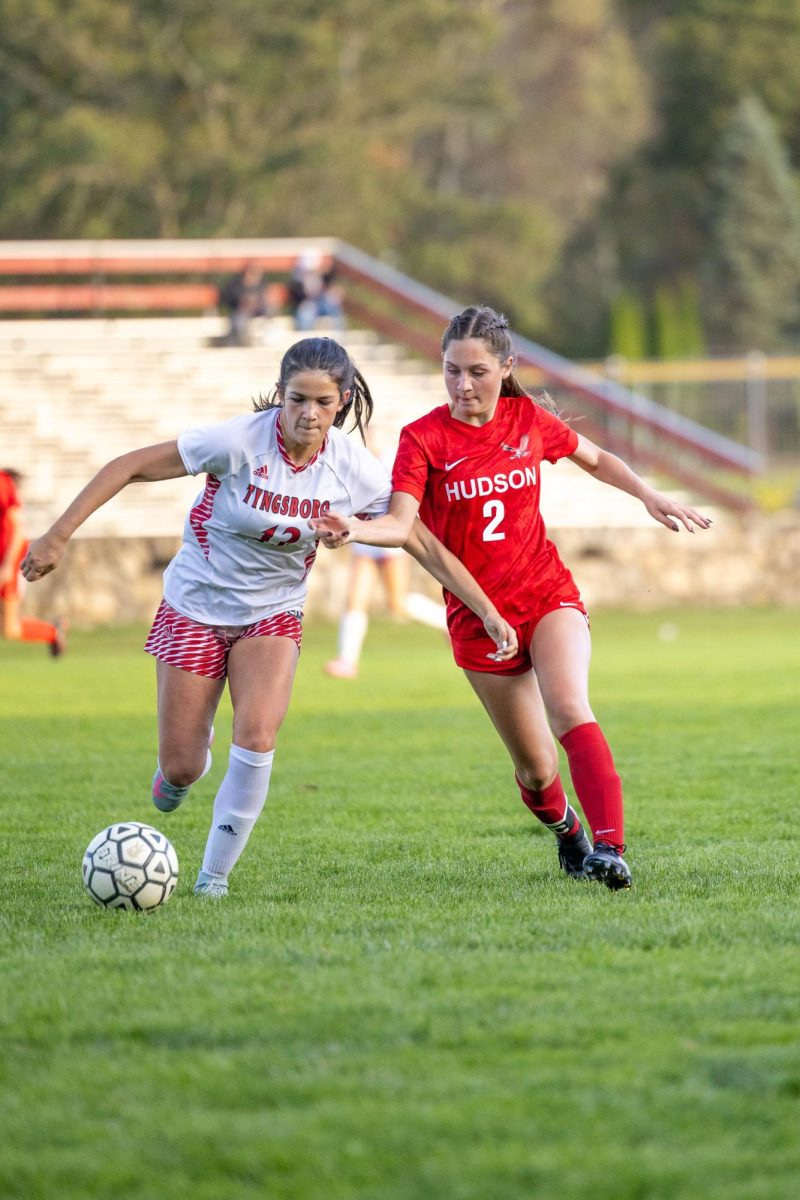
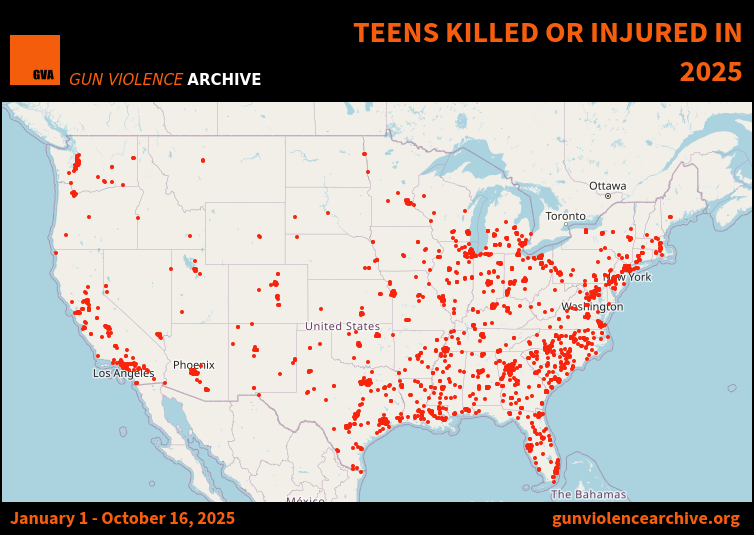
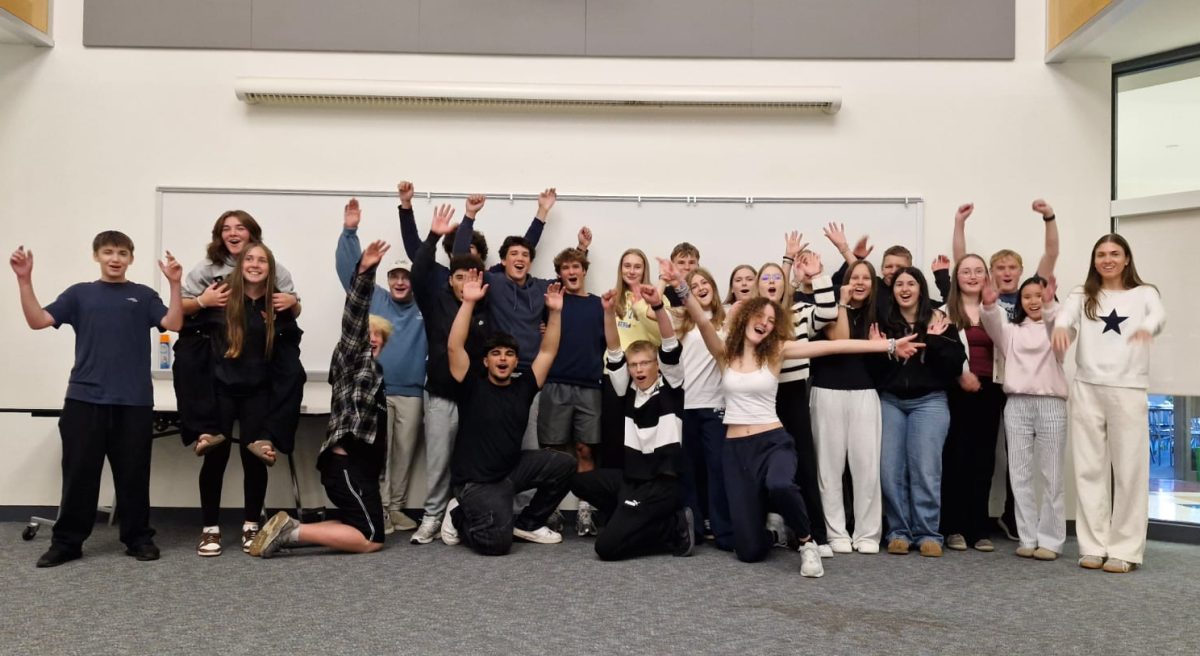
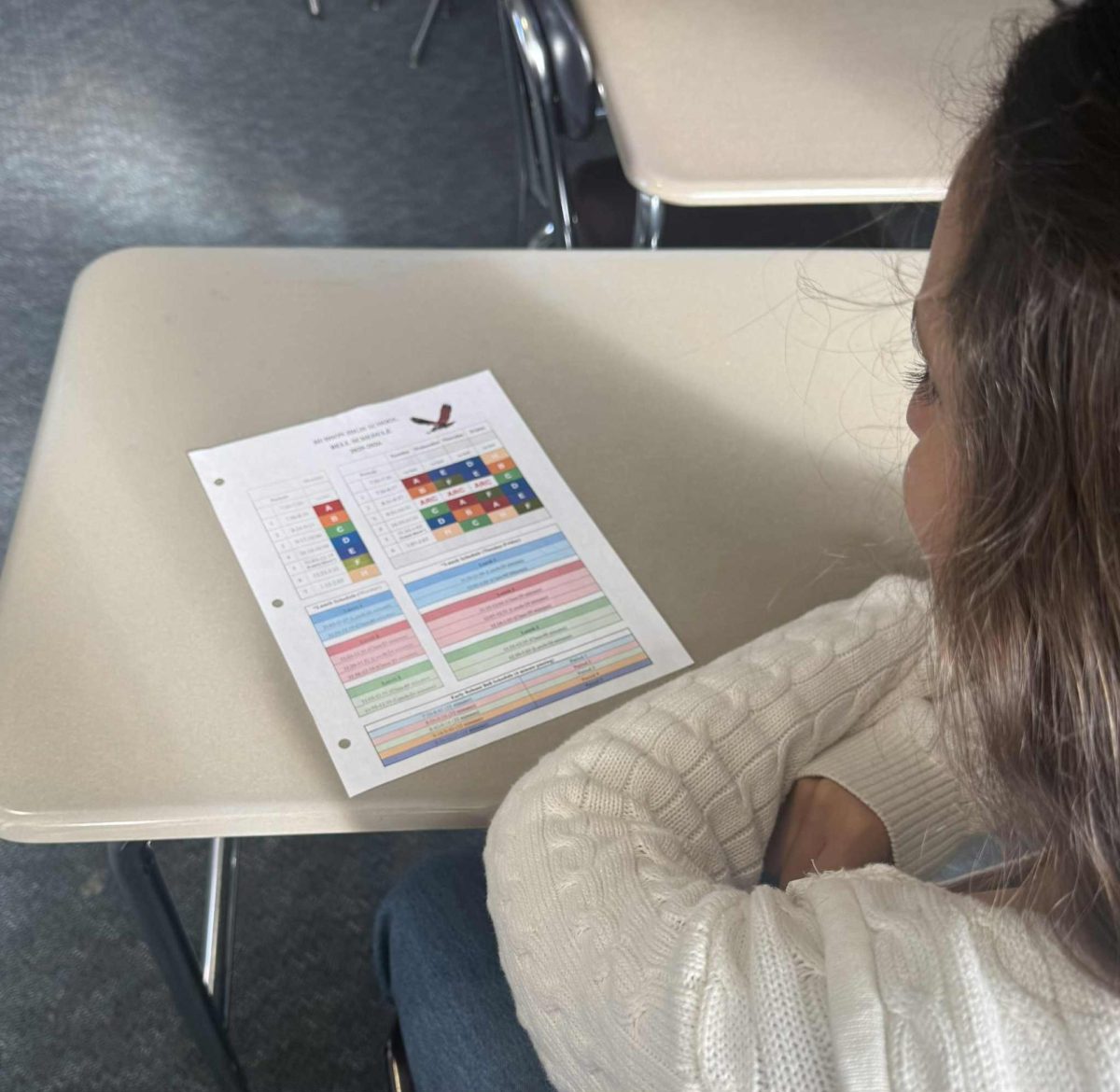
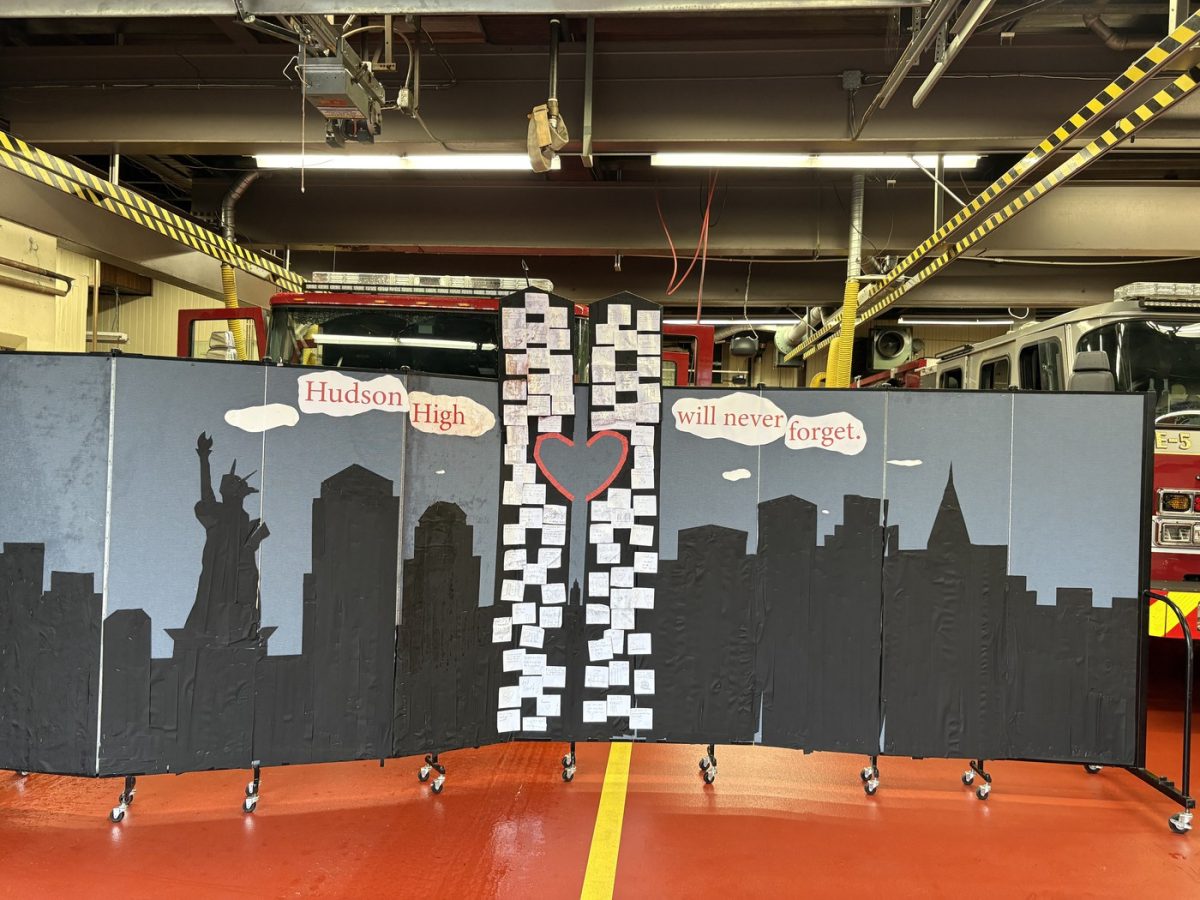
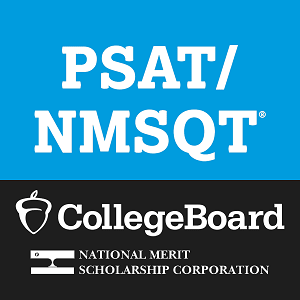

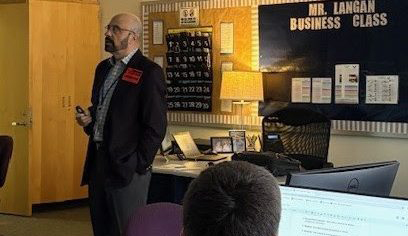
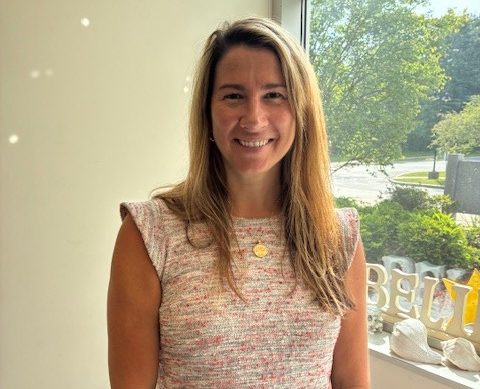
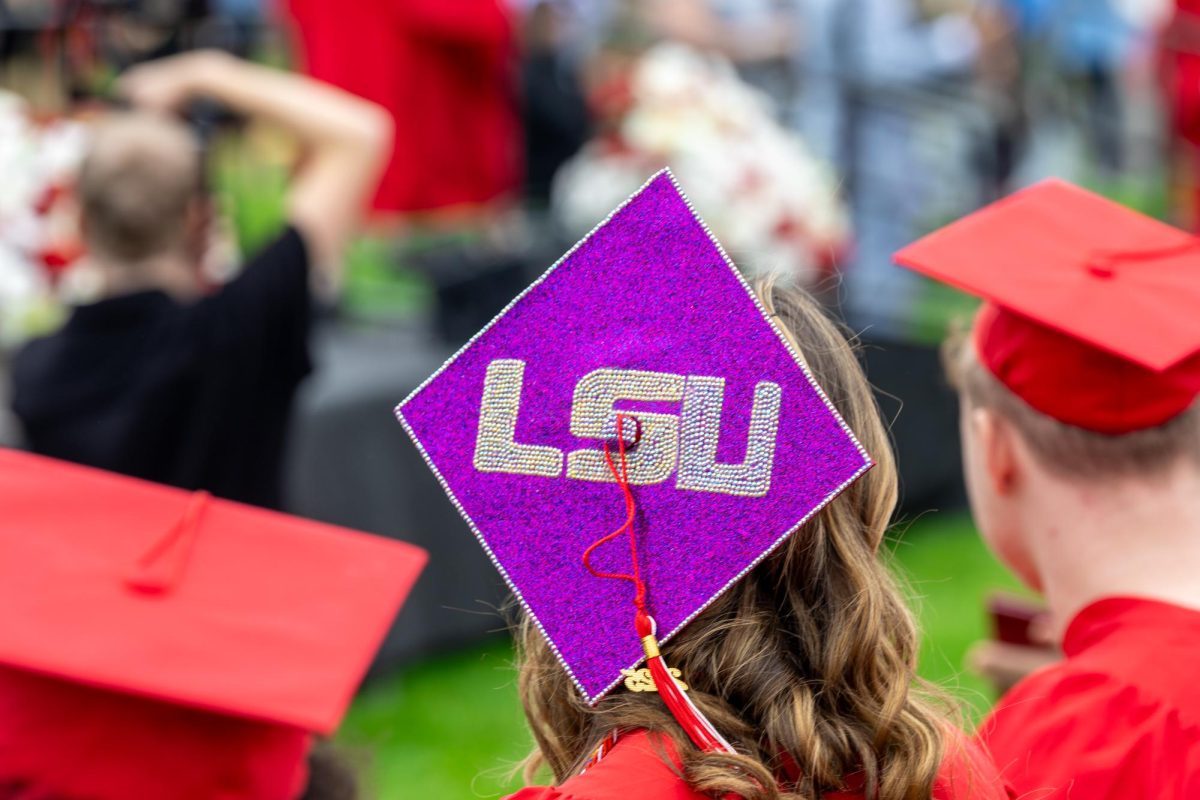
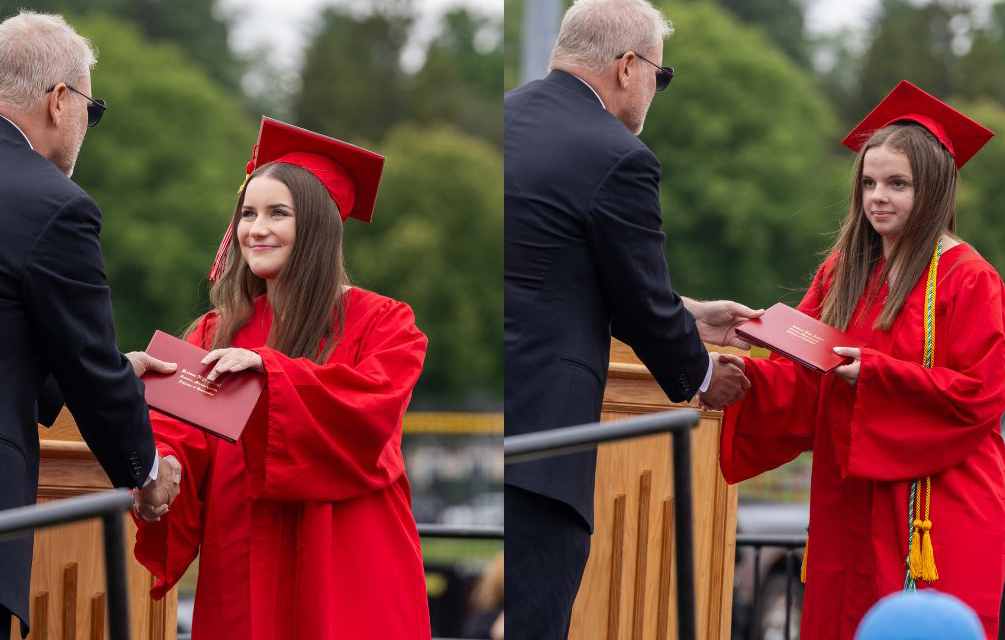

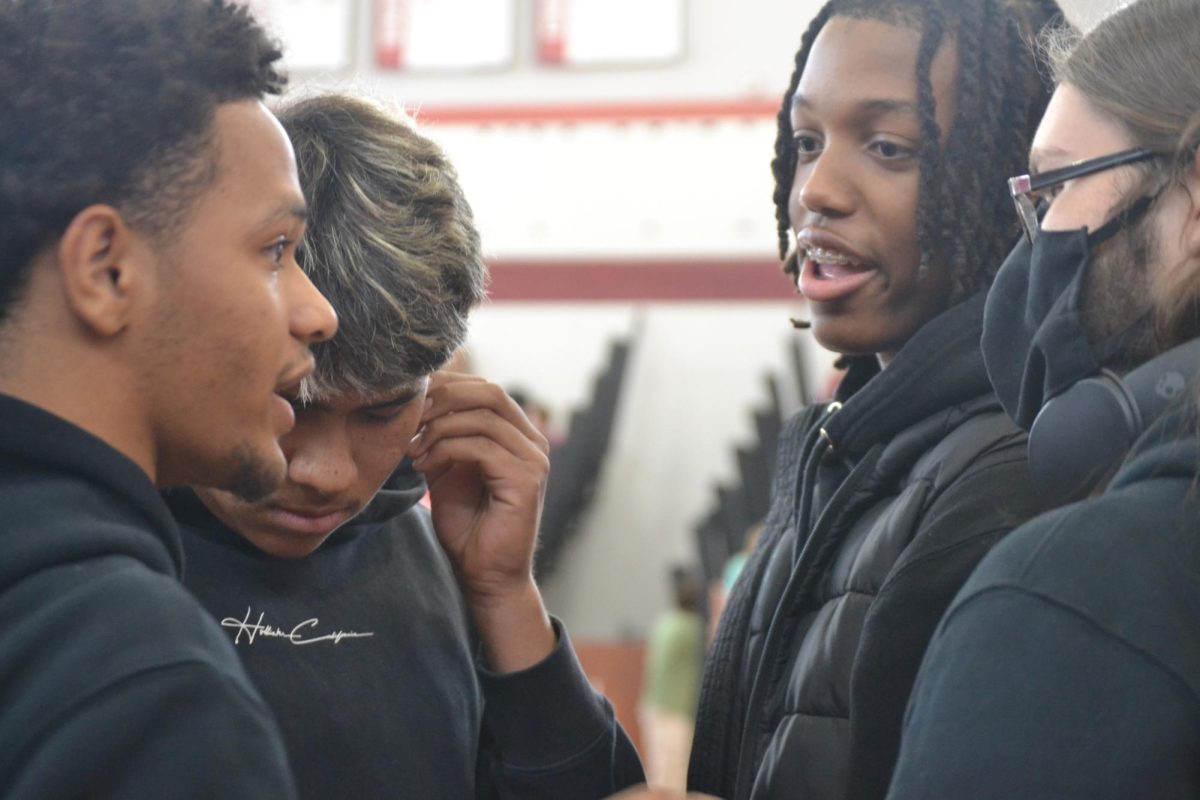
![Brazil's Neymar walks onto the pitch during his debut for Santos FC in a Sao Paulo league football match against Botafogo, in Santos, Brazil, Wednesday, February 5, 2025 [Andre Penner/AP]](https://bigredhawks.com/wp-content/uploads/2025/04/Neymar-is-Back-e1743558992671.jpg)

